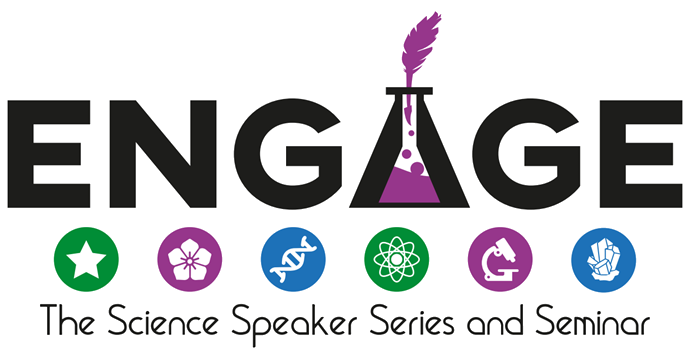Can Humans Tell Time On Mars?
Photo credit: NASA/JPL-Caltech/ASU/MSSS
Let’s take a trip to Mars and try to survive there for an extended stay. We can bring all the right gear and technology with us. We’ll set up a station that will have a device that can extract oxygen and another device that can make water. We can bring enough food from Earth to last the stay. We’ll explore the landscape during the day and sleep at night. But wait a minute! The day on Mars is 24 hours and 37 min, which is longer than the day on Earth. Does that pose a problem for us, or does it really just mean that we can get more done each day?
Humans have adapted to the 24-hour day on Earth by acting like clocks ourselves. We don’t really need external time tellers (e.g. a watch or the sun) to tell us the time. Alone in a dark room, I could tell you it’s about 10PM because I am getting sleepy or it’s about 12PM because I’m getting hungry. It is important that we have this inner clock because it helps us predict the daily cycles in our environment. We always feel awake and alert during the daylight hours and tired during the night when it’s dark.
Like a watch you wear on your wrist, your inner clock can adapt to new environments. If you have ever traveled to a different time zone, you probably experienced jetlag, but hopefully for just a few days. The sun can dial the crown on your inner clock to reset the time, so that you get sleepy at 10PM in the new time zone even though back home it might only be 5PM. Even if you haven’t travelled to another time zone, your clock has adapted in other ways. Each winter the days get shorter and we experience fewer hours of sunlight. The inner clock adjusts to this, making it difficult to get out of bed before 7:30AM in the winter, when that was an easy feat in the summer.
There is no practical application for the inner clock to adapt to a longer day, like we would experience on Mars, because there is no place on Earth that would require that adaptation. However, through experiments in the lab, scientists have found that the inner clock can adapt to different day lengths too. Interestingly, they found that the longest day humans can adapt to is 24 hours and 30 min. Darn! That is just a few min shorter than the day length on Mars. When the day gets longer than 24 hours and 30 min the human clock will become desynchronized from the environment. This means that when it is light out on Mars, your inner clock might think it is time for bed and when it’s dark it might think it’s time for lunch.
Can we still take the trip to Mars? Sure! We will still have our basic survival necessities: food, water, air, shelter. The only caveat is our inner clocks won’t be able to help us predict the daily cycle and so we won’t be able to take full advantage of the longer day to get more done.
Alex Neitz is a 4th year PhD candidate in the Molecular and Cellular Biology Program. Her
research looks at how organisms act as clocks to predict daily variations in their environment.
She is interested in how the modern environment affects the timing of these inner clocks in
humans to cause Seasonal Affective Disorder and what we can do to prevent it.


